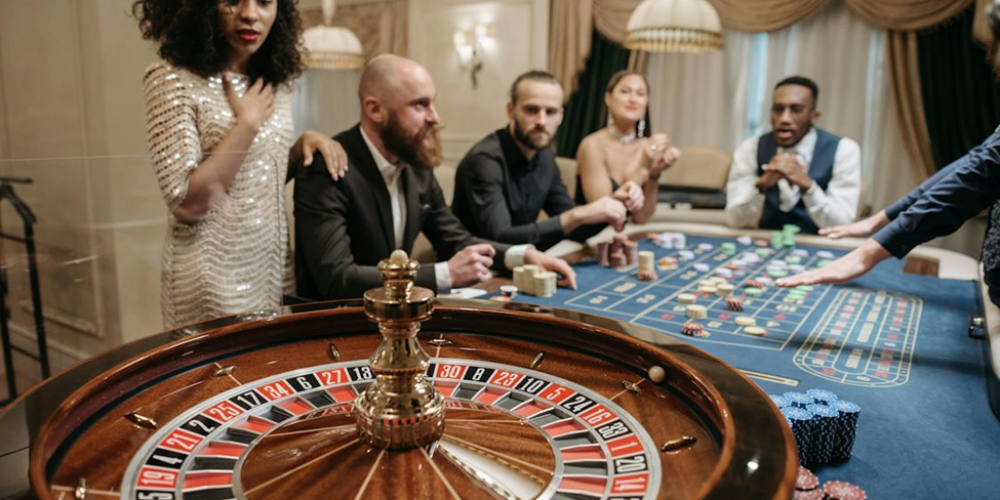The world of gambling, with its dazzling casinos and heart-pounding bets, has long been a canvas for society’s most enduring stereotypes, particularly those regarding gender. Traditionally, gambling scenes were male-dominated spaces, where women’s presence was often relegated to the role of a decorative accessory or, at best, a secondary participant.
However, as the industry evolves, so too does the understanding and representation of gender within it. Now, progressive operators like these Aussie online casinos for real money work to ensure open-minded communities and good representation. Let’s analyze the intersection of these issues in more detail.
A Historical Perspective
Historically, gambling was seen as a pursuit of risk and reward, aligning closely with traditional masculine traits such as bravery, risk-taking, and the desire to compete. Men were the protagonists of the gambling world, with women either absent or depicted as distractions or good luck charms.
This portrayal has deep roots in societal views on gender roles, which have long dictated the spaces and activities deemed appropriate for men and women. The imagery of poker nights, high-stakes blackjack, and the solitary figure of a man making bold bets at the racetrack perpetuated the notion that gambling was a man’s world.
Conversely, when women participated in casino games, they were often stereotyped in a completely different light. Women were either seen as engaging in low-stakes, less skill-intensive games, such as bingo or slots, or were judged more harshly for participating in the same high-stakes games as men. The underlying assumption was that women were either playing without the serious intent or skill of men or stepping out of their societal roles, thus facing greater scrutiny and criticism.
The Digital Shift
The digital age, however, has begun to dismantle these outdated narratives. The rise of online casino platforms has democratised access to gambling, allowing individuals to participate regardless of gender, without the weight of physical presence in a traditionally male space.
This shift has not only increased the visibility and participation of women in gambling but has also challenged the stereotypes of what a gambler looks like. Women are increasingly recognized as skilled and serious gamblers, participating in poker tournaments, sports betting, and other forms of gambling traditionally dominated by men.

Research and studies in the field further debunk the gender stereotypes that have plagued the gambling world. Findings suggest that the differences in gambling behaviour between men and women are not as pronounced as traditionally believed.
Both genders participate in a wide range of activities, and while there may be differences in preferences for certain games, these do not stem from inherent gender traits but rather from socialization and accessibility. Moreover, the narrative that men are inherently more skilled or risk-tolerant is being questioned, with evidence showing that women can be equally strategic and successful.
The industry itself is undergoing a transformation, with a growing recognition of the need to address and challenge gender stereotypes. Casinos, both online and offline, are making efforts to become more inclusive, promoting female poker champions and hosting events that cater to women gamblers.

However, despite these positive changes, challenges remain. The legacy of gender stereotypes in gambling is deep-rooted, and overcoming it requires continuous effort from all stakeholders in the industry.
Education, awareness, and a commitment to challenging stereotypes are crucial in moving forward. The portrayal of women in gambling-related advertising and media also plays a significant role in shaping perceptions and must evolve to reflect the diversity and equality of the modern gambling scene.
In conclusion, the relationship between gambling and gender stereotypes is complex and evolving. As society progresses towards greater equality and inclusivity, casinos are also reflecting these changes. By challenging outdated stereotypes and embracing a more diverse representation of gamblers, the industry can shed its old skin and step into a future where gambling is a space for all, free of the constraints of gendered expectations.





